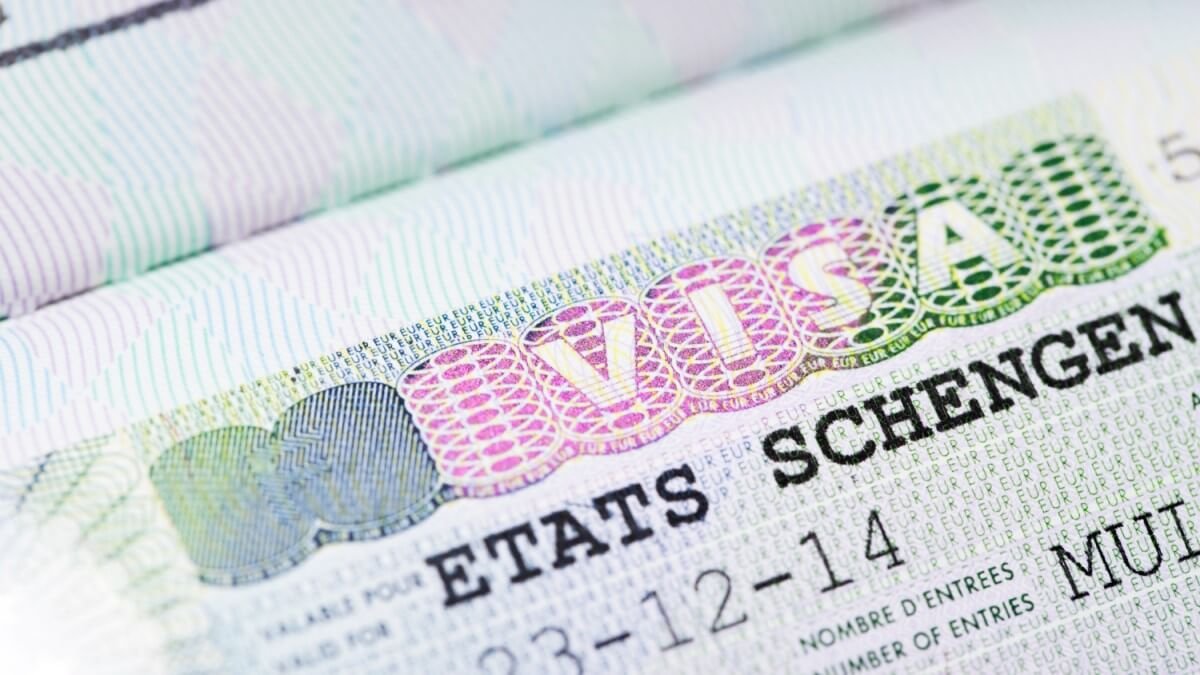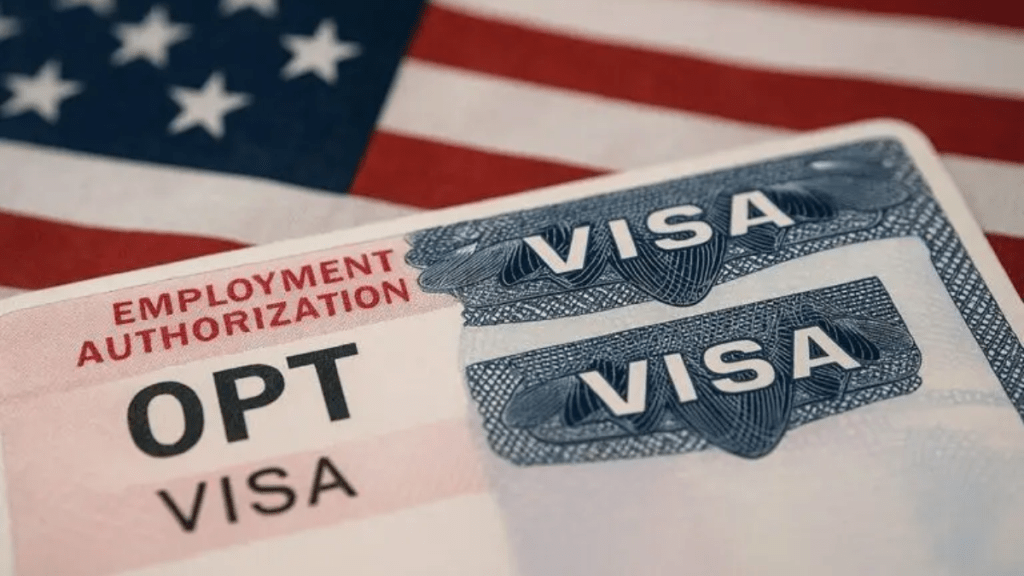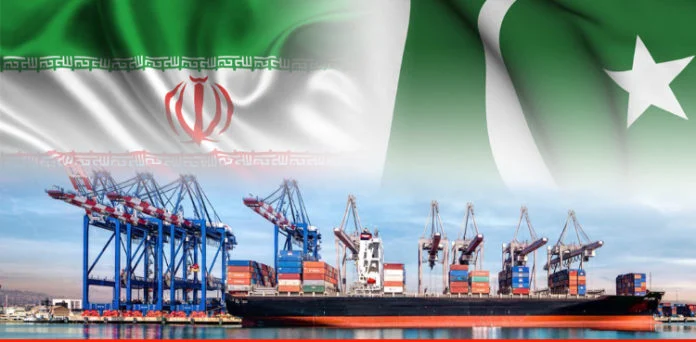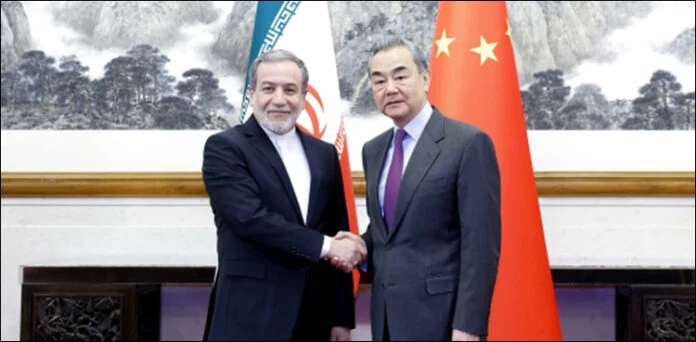
The European Union has once again come under fire for its strict Schengen visa regulations, particularly regarding Turkish businesspeople seeking access to the bloc for trade purposes. This time, the criticism has been voiced by the Foreign Economic Relations Board (DEİK), with its president, Nail Olpak, warning that the EU’s failure to address the visa-related issues reflects a trade war mentality, Schengen.News reports.
Speaking during a meeting with journalists, Olpak expressed his concern over the matter, highlighting that Turkey’s trade with the EU is significant, with 56% of its imports and 50% of its exports tied to the European Union. He stressed that, despite the resumption of dialogue between Turkey and the EU, businesspeople in Turkey are expecting more concrete actions to facilitate smoother movement for trade purposes within the EU. Olpak emphasized that the current visa challenges are hampering business activities and noted that protectionist policies are also hindering Turkish contractors’ ability to operate within the EU.
This is not the first time the EU has faced criticism for its stringent visa rules affecting Turkish businesspeople and contractors.
Impact of Strict Visa Rules on Trade Relations
A few months ago, Şerafettin Aras, president of the International Transporters Association (UND), also criticized the EU’s strict Schengen visa policies, particularly those impacting Turkish truck drivers. He pointed out that these visa challenges are damaging trade relations between Turkey and the EU.
Aras revealed that numerous Turkish businesspeople had been facing extended waiting times and visa rejections, highlighting the significant barriers posed by the EU’s visa procedures. He further noted that these stringent visa policies not only create difficulties for Turkish traders but also harm the EU itself by limiting access for Turkish drivers who play a vital role in the transportation and logistics sectors. The restrictive visa process ultimately affects consumers and businesses within the EU as well.
In response to the issue, the association proposed a series of measures to ease the visa challenges faced by Turkish truck drivers. Among their suggestions, the UND recommended that EU member states prioritize granting Schengen visas to truck drivers, issue multiple-entry visas, and allow drivers to undergo a more streamlined visa application process, including accelerated procedures.
The continued criticism of the EU’s visa rules suggests that further reforms may be necessary to improve trade relations and facilitate smoother cross-border movement for Turkish businesspeople and contractors.


















